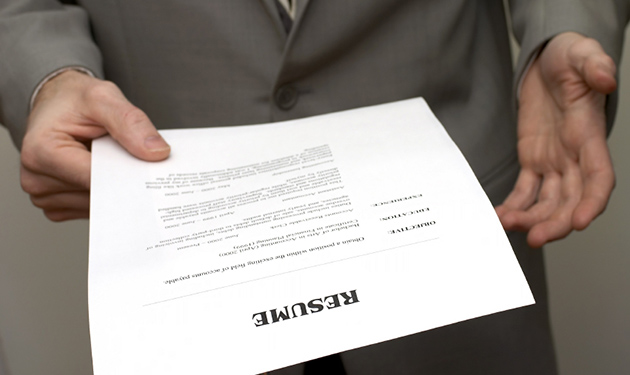You’ve landed a job interview, but you don’t have a job yet. There is still a lot of work to be done to convince the hiring manager that you’re the right person for the job and the company.
That’s where the interview comes into the picture, and you need to be prepared to stand out in yours.
Don’t skip job interview preparation, or you’ll end of wasting a lot of time. Your resume and cover letter got you in the door, but you need to back up the two-dimensional person described on the page with a great in-person performance. That requires preparation and practice.
First, make sure you’re not making any of the common mistakes that guarantee you won’t get the job you’re interviewing for. Next, follow the ten job interview preparation tips below to ensure you’re ready to make a fantastic first impression.
1. Prepare Your Talking Points

Review the job description and prepare a talking point that goes with each position requirement in that job description. For example, prepare a story about a project you managed or participated in that demonstrates your experience and ability to perform each job function. Quantify your talking points whenever possible by providing specific results that you achieved during your tenure in a previous position.
2. Research the Company

Gather as much information as you can about the company, its industry, recent news, products, services, and culture. The more you know about the company and its business, the more motivated and intelligent you’ll look to the interviewer.
3. Be Prepared to Answer Common Interview Questions

Don’t forget to prepare your answers to the most common interview questions. You’ll hear more than one of these common questions in every interview you go to, so practice answering them in advance.
4. Have Copies of Your Resume and a Job Application Boilerplate Ready

You can’t be sure that the person who interviews you will have a copy of your resume on hand. Therefore, you should always bring one with you and offer it to the interviewer. Also, you’ll be asked to complete a formal application when you arrive to many job interviews. You can save time and look very prepared if you create a boilerplate document that includes all of your information about prior jobs, dates worked at the jobs, reference contact information, education, and so on. Rather than trying to remember dates and phone numbers at each interview, you can simply copy the information from your boilerplate document into the application.
5. Bring Samples, Letters of Recommendation, and Proof of Your Experience

If you have letters of recommendation, bring them with you to the interview and offer them to the hiring manager. Similarly, if you have samples from a portfolio or prior projects that demonstrate your abilities, bring copies of those as well. You can talk about these items during the interview and leave the copies behind to remind the interviewer of what you can do.
6. Prepare Questions for the Hiring Manager
You will inevitably be asked if you have any questions for the interviewer, and you should have some questions prepared for this purpose. It shows you’ve been paying attention and you’re very interested in learning more about the position and organization. Avoid questions related to salary, vacation time, health benefits, and other personal matters. There will be a time for those discussions later.
7. Follow the Company’s Pages on LinkedIn, Facebook, and So On

Find the company on LinkedIn, Facebook, Twitter, Pinterest, and so on, and follow each social media page that the company has. These pages are not only great places to learn more about the company, but many hiring managers will be impressed to learn that you took the time to follow the company on social media before the interview.
8. Know the Company’s Competitors
Not only do you need to research the company, but you also need to know the company’s competitors. What products do they offer and what kinds of threats do they pose to the company where you’re interviewing? You’ll be able to speak intelligently about the competitive landscape with the interviewer if you do your homework in advance.
9. Prepare Your Elevator Pitch

Make sure you start the interview strong with a succinct and powerful elevator pitch that explains who you are, what you can do, and how you can help the company. Review the 10 tips for an elevator pitch that will ignite your career, and craft your own elevator pitch with those tips in mind.
10. Be Ready for the Salary Discussion

It’s best to avoid discussing salary in a first interview, but if you can’t avoid it, you should be ready to discuss it. Brushing up on your salary negotiation skills is a good place to start. Also, practice turning the question around, so rather than answering the question, you ask the interviewer to share the salary range that the company expects to pay the person hired for the job.
